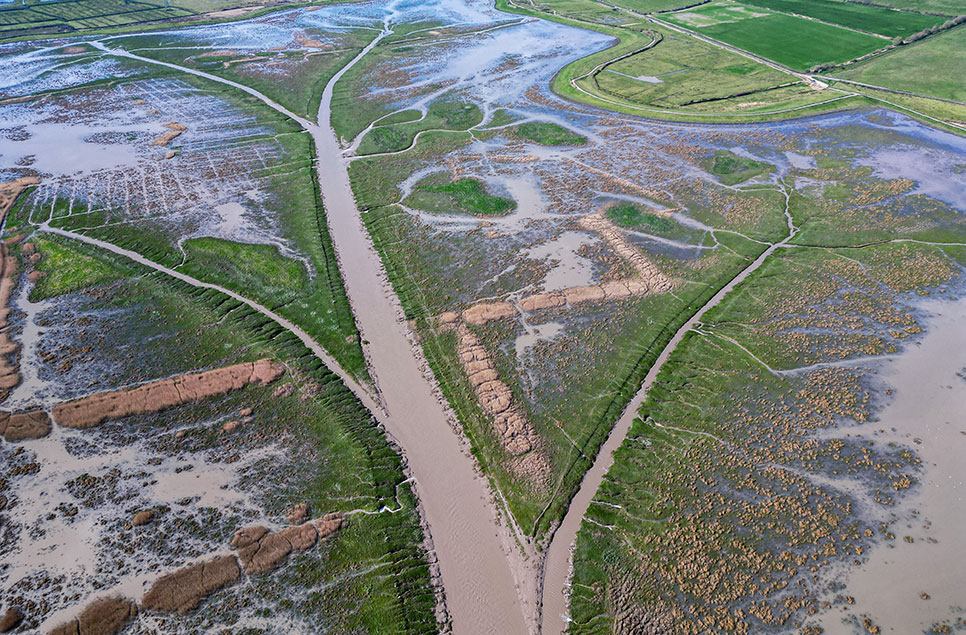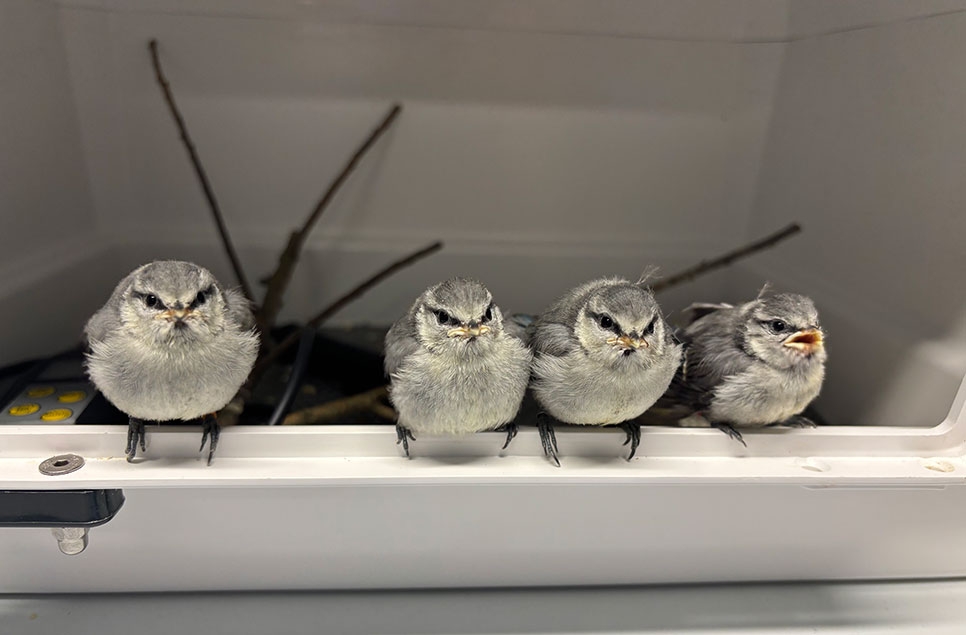A 'tail' of triumph! Hand-reared godwits survive odds to fly the nest
38 black-tailed godwits have been released in the Cambridgeshire Fens after being hand-reared by conservationists at WWT Welney.
Many of the birds released were not expected to hatch due to the terrible condition of the eggs as a result of the late spring downpours. Thankfully the eggs were rescued from muddy farmland and the chicks safely raised until old enough to look after themselves.
This practice is one element of Project Godwit – a partnership between WWT and RSPB - which aims to restore the UK breeding population by collecting eggs for rear and release, known as head-starting.
WWT’s Nicola Hiscock oversaw the hand-rearing process. She said:
Even though we began head-starting godwits in 2017, it didn’t make the release any less nerve-wracking. We had a real issue with flooding this year which meant some of these birds literally started life buried in the ground. So to watch them take their first flight is very, very special.
Over the next few weeks we’ll check on them daily to make sure they’re OK. But then, they’ll be off on migration and we probably won’t see them again until they return in the next year or two.
The fledged godwits are expected to join up with the wild fledged birds and spend time in the Fens before migrating to southern Europe and Africa for the winter.
Incredibly, eight of last year’s released birds have returned to the Fens after travelling south of the continent. Black-tailed godwits are site-faithful and will often return to where they were raised to breed, usually within the first two years.
Hannah Ward, RSPB Project Manager at Project Godwit, added:
Today is a big day for the team and the UK black-tailed godwit population. With less than fifty pairs of godwits breeding in the UK, it’s crucial that Project Godwit boosts the number of young birds entering the population each year.
The Fens has the largest number of black-tailed godwit nests in the UK, but in recent years they have really struggled to hatch and raise their chicks in safety. We are using a number of techniques to try and help the birds breed successfully in the wild.
The Nene and Ouse Washes in the Fens are the two main breeding sites for black-tailed godwits in the UK.
Conservationists have been using a technique known as head-starting - raising young birds from eggs collected in the wild - to help boost the UK godwit population. Their numbers at the Ouse Washes are now critically low but it’s hoped that head-starting in combination with the creation of wetland habitat could restore the population to the numbers previously seen in the 1970s.
Head-starting is just one aspect of Project Godwit which also focuses on monitoring, habitat management and trialing conservation techniques.
Project Godwit is a partnership between RSPB and WWT with major funding from the EU LIFE Nature Programme, HSBC’s 150th Anniversary Fund, Natural England and the Heritage Lottery Fund, through the Back from the Brink programme and Leica UK. The project aims to secure the future of breeding black-tailed godwits in the UK.
Conservationists are encouraging birders to look out for these special birds. Sightings can be registered at projectgodwit.org.uk



